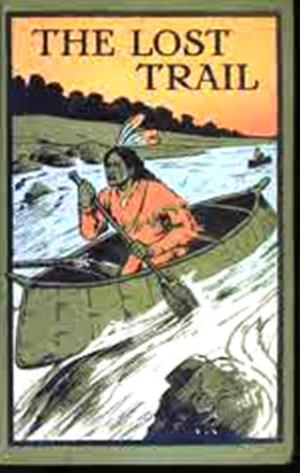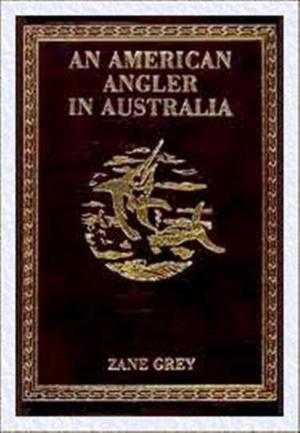| Author: | Ambrose Bierce | ISBN: | 1230000141116 |
| Publisher: | WDS Publishing | Publication: | June 12, 2013 |
| Imprint: | Language: | English |
| Author: | Ambrose Bierce |
| ISBN: | 1230000141116 |
| Publisher: | WDS Publishing |
| Publication: | June 12, 2013 |
| Imprint: | |
| Language: | English |
The best soldier of our staff was Lieutenant Herman Brayle, one of
the two aides-de-camp. I don't remember where the general picked him up;
from some Ohio regiment, I think; none of us had previously known him,
and it would have been strange if we had, for no two of us came from
the same State, nor even from adjoining States. The general seemed to think
that a position on his staff was a distinction that should be so
judiciously conferred as not to beget any sectional jealousies and
imperil the integrity of that part of the country which was still
an integer. He would not even choose officers from his own command,
but by some jugglery at department headquarters obtained them from other
brigades. Under such circumstances, a man's services had to be very
distinguished indeed to be heard of by his family and friends of his
youth; and "the speaking trump of fame" was a trifle hoarse from
loquacity, anyhow.
Lieutenant Brayle was more than six feet in height and of splendid
proportions, with the light hair and gray-blue eyes which men so gifted
usually find associated with a high order of courage. As he was
commonly in full uniform, especially in action, when most officers are
content to be less flamboyantly attired, he was a very striking and
conspicuous figure. As to the rest, he had a gentleman's manners,
a scholar's head, and a lion's heart. His age was about thirty.
We all soon came to like Brayle as much as we admired him, and it was
with sincere concern that in the engagement at Stone's River - our
first action after he joined us - we observed that he had one most
objectionable and unsoldierly quality: he was vain of his courage.
During all the vicissitudes and mutations of that hideous encounter,
whether our troops were fighting in the open cotton fields, in the cedar
thickets, or behind the railway embankment, he did not once take cover,
except when sternly commanded to do so by the general, who usually had
other things to think of than the lives of his staff officers - or those
of his men, for that matter.
The best soldier of our staff was Lieutenant Herman Brayle, one of
the two aides-de-camp. I don't remember where the general picked him up;
from some Ohio regiment, I think; none of us had previously known him,
and it would have been strange if we had, for no two of us came from
the same State, nor even from adjoining States. The general seemed to think
that a position on his staff was a distinction that should be so
judiciously conferred as not to beget any sectional jealousies and
imperil the integrity of that part of the country which was still
an integer. He would not even choose officers from his own command,
but by some jugglery at department headquarters obtained them from other
brigades. Under such circumstances, a man's services had to be very
distinguished indeed to be heard of by his family and friends of his
youth; and "the speaking trump of fame" was a trifle hoarse from
loquacity, anyhow.
Lieutenant Brayle was more than six feet in height and of splendid
proportions, with the light hair and gray-blue eyes which men so gifted
usually find associated with a high order of courage. As he was
commonly in full uniform, especially in action, when most officers are
content to be less flamboyantly attired, he was a very striking and
conspicuous figure. As to the rest, he had a gentleman's manners,
a scholar's head, and a lion's heart. His age was about thirty.
We all soon came to like Brayle as much as we admired him, and it was
with sincere concern that in the engagement at Stone's River - our
first action after he joined us - we observed that he had one most
objectionable and unsoldierly quality: he was vain of his courage.
During all the vicissitudes and mutations of that hideous encounter,
whether our troops were fighting in the open cotton fields, in the cedar
thickets, or behind the railway embankment, he did not once take cover,
except when sternly commanded to do so by the general, who usually had
other things to think of than the lives of his staff officers - or those
of his men, for that matter.















